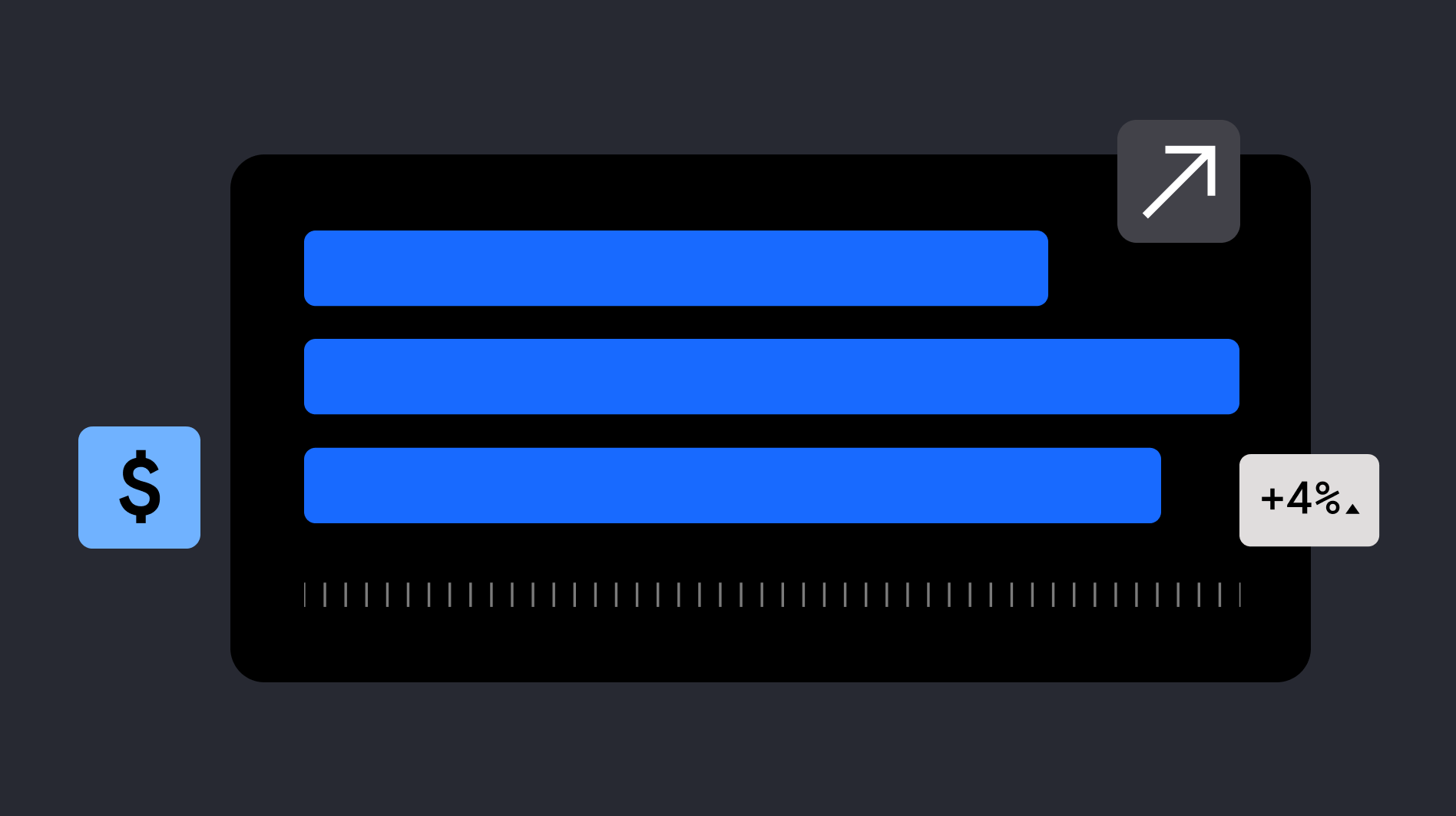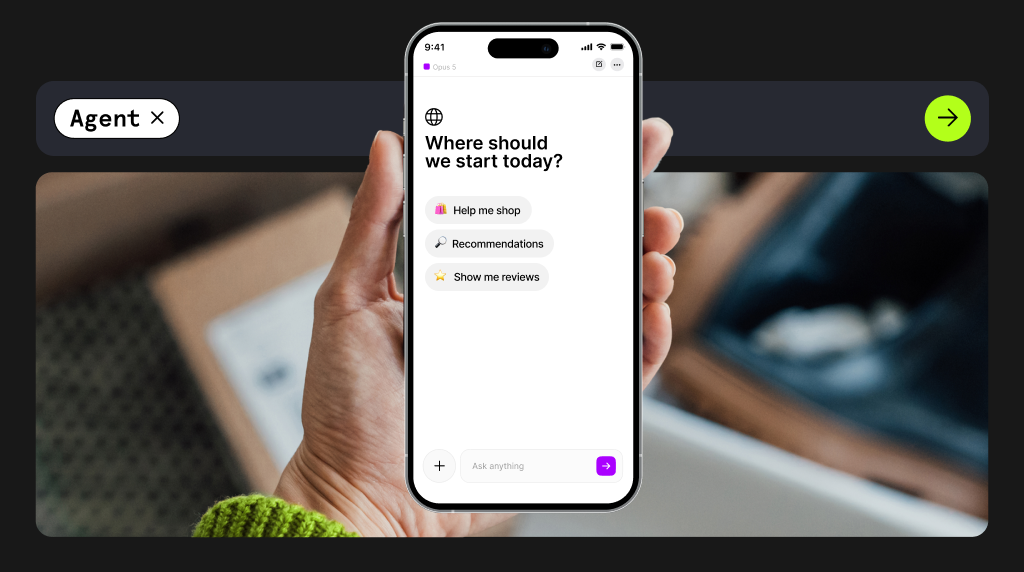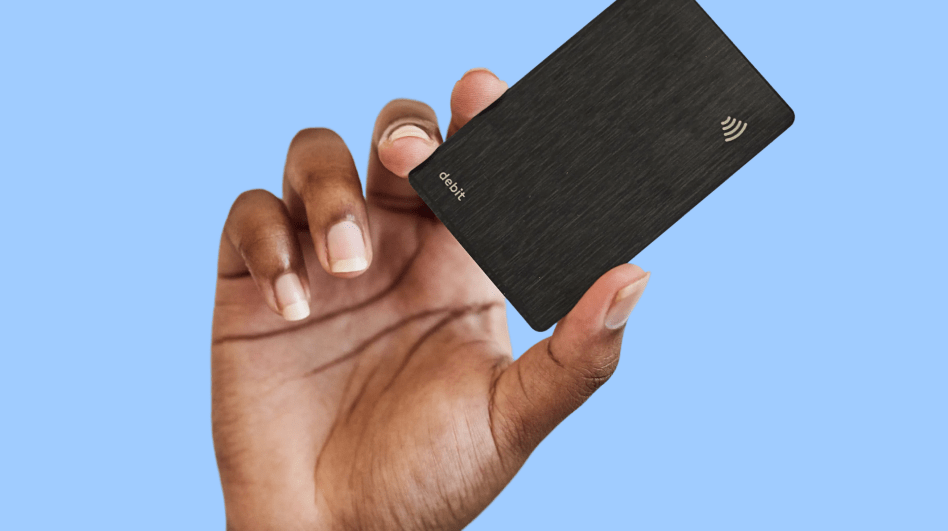The global value of business-to-business (B2B) payments grew steadily between 2021 and 2023. This thriving financial sector is seeing an increase in innovative payments options, alongside an uptick in the number of operators.
At a time when global businesses are desperately in need of new technical infrastructure such as real-time commercial payments, traditional players can be slow to roll out such solutions. Research is increasingly finding that fast-moving fintechs are better able to fill this gap.
This guide gives an overview of B2B payment processing as you choose between payment service providers (PSPs). First, we'll go through some context that differentiates B2C and B2B payments.
What's the difference between B2B and B2C payment processing?
Payment processing is more challenging for B2B companies than it is for B2C companies for one simple reason: it is, by necessity, more complex. Generally speaking, B2C companies are taking a high volume of low value transactions, usually via card payment.
By contrast, B2B companies take higher value transactions from businesses via multiple payment methods, as well as recurring payments for regular shipments. They need to develop long-term supplier relationships, which involves considerable manual effort and human-led verification processes.
Some particularities of B2B payment processing include:
- Multiple stakeholders - every payment has to be approved by several parties, including procurement, accounting, and various other departments within finance
- High transaction value - the higher total payment volume of B2B transactions means there is more at stake when it comes to fraud or security failures
- Differences between sectors - standards and requirements vary by sector, meaning processes have to be adjusted when you trade across different industries
- Payment cycles - unlike the near-instantaneous payments between consumers and businesses, payment terms between businesses are usually between 30 and 90 days. This can be beneficial for the buyer, but can cause cashflow issues for the supplier
- Integration challenges - B2B payment methods can rely on integrations with multiple accounting systems on different software platforms
- Invoice management - processing invoices is very time-consuming, and often requires manual processing
If you're looking for strategies to boost your B2B payments check out our blog post on that.
Which payment channels are used most often for B2B purchases?
If you're curious about where US buyers are making business-related purchases, consider the following results from a 2023 survey. Respondents were asked which of the following channels they had used within the past year:
- Supplier website or app: 75%
- Online B2B marketplace: 65%
- In-store or at vendor's warehouse: 53%
- Sales representative: 44%
- Social media channels: 20%
Three quarters of B2B purchases take place on a supplier's website or app, per the Statista report. It may surprise you to see such a high proportion of orders placed on a digital channel, when B2B is known for its roots in traditional commerce. But the proliferation of global suppliers in all industries naturally lends itself to a web-enabled visibility race, with buyers increasingly relying on the internet for purchase recommendations.
It stands to reason, then, that the second most frequently used purchase channel is a B2B marketplace (the likes of Amazon and Walmart). More than half (65%) of B2B buyers used an online marketplace to make a purchase for their business within the past year.
What are the most popular cross-border B2B payment methods?
B2B companies in the US are mostly using eChecks for cross-border accounts receivable, according to Statista. You can see the top payment channels below (percentages indicate the proportion of respondents who use each one):
- eChecks: 56%
- ACH/bank transfer: 55%
- Credit or debit card: 54%
- Payment providers: 53%
- Wire transfer: 51%
- Digital wallet: 48%
As long as you have a merchant account, you should be able to accept all of these payment methods. Though it has to be said, not all of these channels may be available through a single provider, particularly if you look to a traditional banking institution.
Speed of payment settlement is a critical concern for the majority of commercial clients. However, successfully navigating compliance and foreign exchange fees are also among top priorities. Understandably, lower payment processing fees are often a pressing concern when choosing between payment methods. Yet the complexity of engaging with international payment protocols frequently justifies the somewhat costly process of partnering with a dedicated payment service provider.
eChecks
If you needed proof that B2B payment processing is lagging behind P2P and B2C, this is it: eChecks are the primary payment method cited by B2B companies' accounts receivable in the US. A major motivating factor is the lower cost of processing eChecks compared with traditional card payments. As eChecks use the ACH system, there aren't any interchange, authentication or tokenization fees. However, they are not a perfect solution as the batching process inevitably delays settlement.
Many B2B organizations are using eChecks simply due to legacy payment infrastructure reasons, rather than it being their ideal solution.
ACH/bank transfer
ACH stands for Automated Clearing House, a US network that facilitates the electronic transfer of funds between bank accounts using a routing number. Some financial institutions don’t even charge for ACH, making it very cost-effective. Even though this type of direct bank transfer is used slightly more often than eChecks, it's the preferred payment method of AR teams at one in five US B2B companies.
Depending on your firm's exact security protocols, A2A (account-to-account) transfer may be unsuitable due to differing fraud detection capability compared with other methods. Although there can be support for payment disputes with ACH payments, it's not the same as disputing a credit card charge. You should take care to weigh up the challenges of disputing payments on ACH versus credit card purchases, as it could represent a business risk later down the line.
Credit or debit cards
Cards are a quick, convenient, and relatively secure way to make B2B payments. It's likely due to these factors they're a very close second to direct-to-account transfer methods. As card payments are often faster than A2A methods such as ACH, they're a valuable way to improve cash flow.
That said, cards can incur processing fees of up to 4% - much higher than the aforementioned A2A methods. That said, some providers offer B2B-specific credit cards with more attractive rates and rewards, offering a better deal to businesses with very high spend. Additionally, credit cards may have daily limits, and may therefore fail to facilitate high value transactions. For that reason it's crucial to weigh up the payment terms of any business cards you're considering.
Payment providers
As experts in cross-border payments, PSPs streamline the payments process for merchants by providing the infrastructure and support they need to accept all manner of B2B payments. This means the merchant doesn’t need to go through the hassle of establishing relationships with third parties such as schemes, issuers, and regulatory bodies.
This brings some key benefits, including:
- Compliance - as they’re compliant with security standards such as PCI DSS and Strong Customer Authentication, PSPs make compliance easy with both local and international payment regulations, which reduces the risk of fines and other penalties.
- Scalability - as they can handle a high volume of transactions and allow you to accept multiple payment methods in different regions, PSPs are highly scalable.
- Robust security - A PSP such as Checkout.com uses secure payment processing technology with a built-in fraud detection engine to protect sensitive financial information and reduce the risk of payment fraud and data breaches.
- Global reach - online payment processing solution gives merchants considerable global reach. For example, Checkout.com gives you access to every major market, as well as more than 150 currencies and local payment methods.
- Value-added services - PSPs offer plenty of additional products and services including payments analytics, payment strategy consultation, transaction failure insights, and foreign exchange rates per transaction.
Wire transfer
Wire transfers allow for quick and secure transactions between financial institutions (whether domestic or international). You can do either a cash transfer, where the recipient can collect the funds from a cash office or a digital transfer, where funds are sent electronically. Because of their speed and convenience, wire transfers are often used for high value or time-sensitive payments.
This route incurs some risk, however, as there can be very limited recourse to payment dispute processes. It's quite possible for the payer to input the wrong payee details, and authorize a transaction to an unintended party. Banks will not generally reverse wrongful transfers unless it's due to an error of their own making.
Digital wallet
Software that stores electronic payment methods for secure fund transfers – i.e. digital wallets – are typically associated with B2C and P2P transactions. However, they are increasingly used for B2B purposes. Card schemes are introducing expanded digital wallet capabilities to help digitize B2B transactions. For instance, Visa now allows financial institutions to add virtual corporate cards into employees' digital wallets within its B2B payment solution.
Digital wallets can facilitate tokenized card payments, which is a boon for transaction security. As a result, issuers are more likely to accept such payment requests. They also facilitate near-instant fund transfer, representing a significant advantage over ACH or payment by check.
Alternative payment methods in B2B
Alternative payment methods (APM) is a fluid term, but typically refers to any payment method other than credit or debit card. APM advantages vary, though they can often prove more affordable than traditional card payments. As we have already covered many APMs in the previous section, we will only outline the main outstanding B2B payment methods, below:
Virtual cards
A virtual credit card is a single-use 16 digit number that can be used to make online purchases without exposing your actual credit card details. Because of this, they’re a very secure payment option for business buyers. Another benefit is being able to place restrictions on the type and size of purchases that can be made, as well as setting the card's expiry date. Virtual Cards are booming in the US and, according to Grand View Research, could grow by 20.9% between 2022 and 2030.
Many businesses benefit from spending controls afforded by prepaid cards; in addition, there is less risk of fraudulent spending as they can be remotely deactivated if lost or stolen.
Cash
A supplier that insists on cash payment is generally going to raise eyebrows. While it’s instantaneous and avoids processing fees, it offers almost no protection for either party. Moreover, it’s highly vulnerable to theft or loss so it’s not suitable for high value transactions. It can also pose difficulties relating to anti-money laundering regulations due to the lack of traceability. For the same reason it's not ideal for auditing purposes, either. And if your payee turns out to be untrustworthy, there is little you can do to reclaim your lost funds.
Paper checks
Although there is a general trend towards digitization in the B2B payments sector, it is not unheard of to see paper checks used for invoice payments. As checks aren't cleared and settled instantly, they can help payers to manage cashflow. Unfortunately, that does leave a payee open to the age-old "check is in the mail" excuse. And anyone familiar with Hollywood films will know they are vulnerable to tampering.
One advantage of check payment is that it creates something of a paper trail – provided the check actually reaches its intended destination and nobody in accounting makes any data copying errors in the process.
What is a B2B payment gateway?
A B2B payment gateway allows a merchant to collect digital payments from other businesses. The payment gateway is the technology that connects your payer to a secure digital payment processing facility, such as Checkout.com. You connect a payment gateway to your business app or website with an API. That enables your server to contact the payment processor's server and securely submit transaction data to the relevant parties in the transaction cycle (such as the acquirer, who contacts the card scheme, and so on).
The payer will see a list of payment methods on your website or app, depending on your configuration with your payment gateway provider. For instance, a payer may click "order now" and land on a page with several options to make a payment, such as ACH transfer, corporate card payment, eCheck or cash-on-delivery. The payment flow looks slightly different for each payment method. However, the payment gateway ensure the merchant stays compliant with relevant financial regulations relating to payment data handling.
Process B2B payments with Checkout.com
Checkout.com provides a range of B2B payment services. Our international coverage makes us a particularly competitive partner for expanding global businesses.
You can simplify your compliance, reduce fees, prevent fraud, and benefit from market-leading payments analytics with our comprehensive modular payment solutions.



.jpg)



%20v1.jpg)


.png)

.png)



